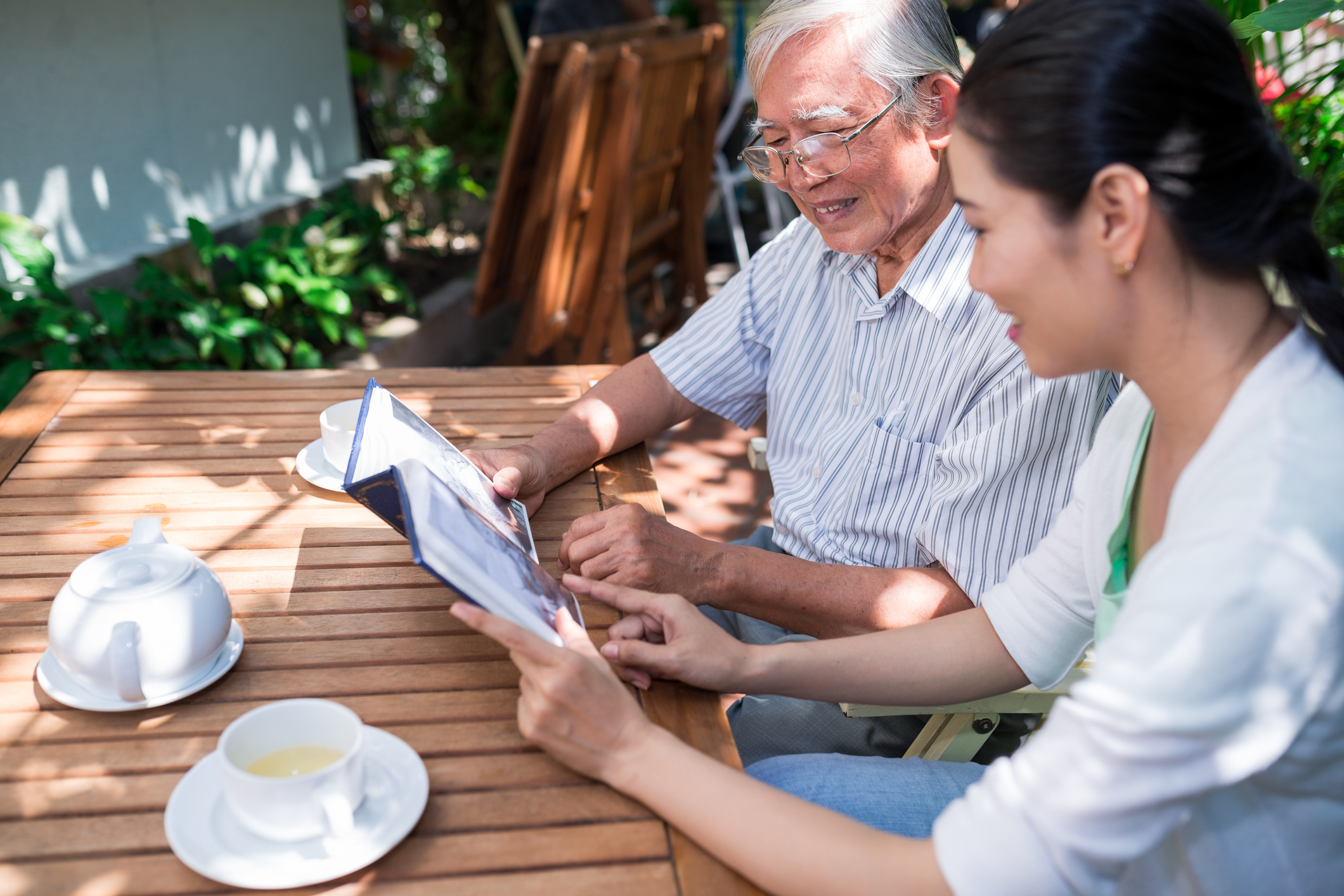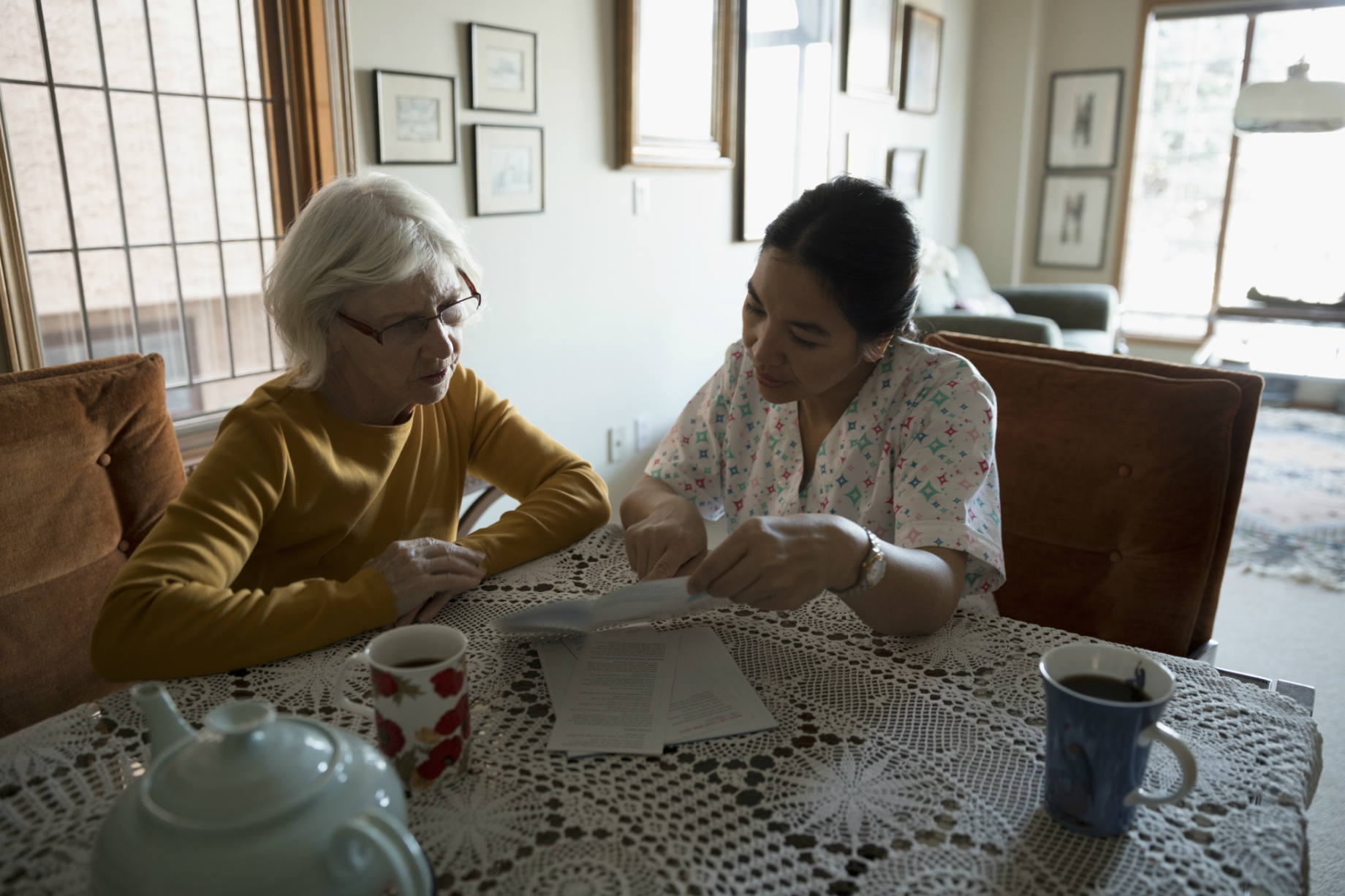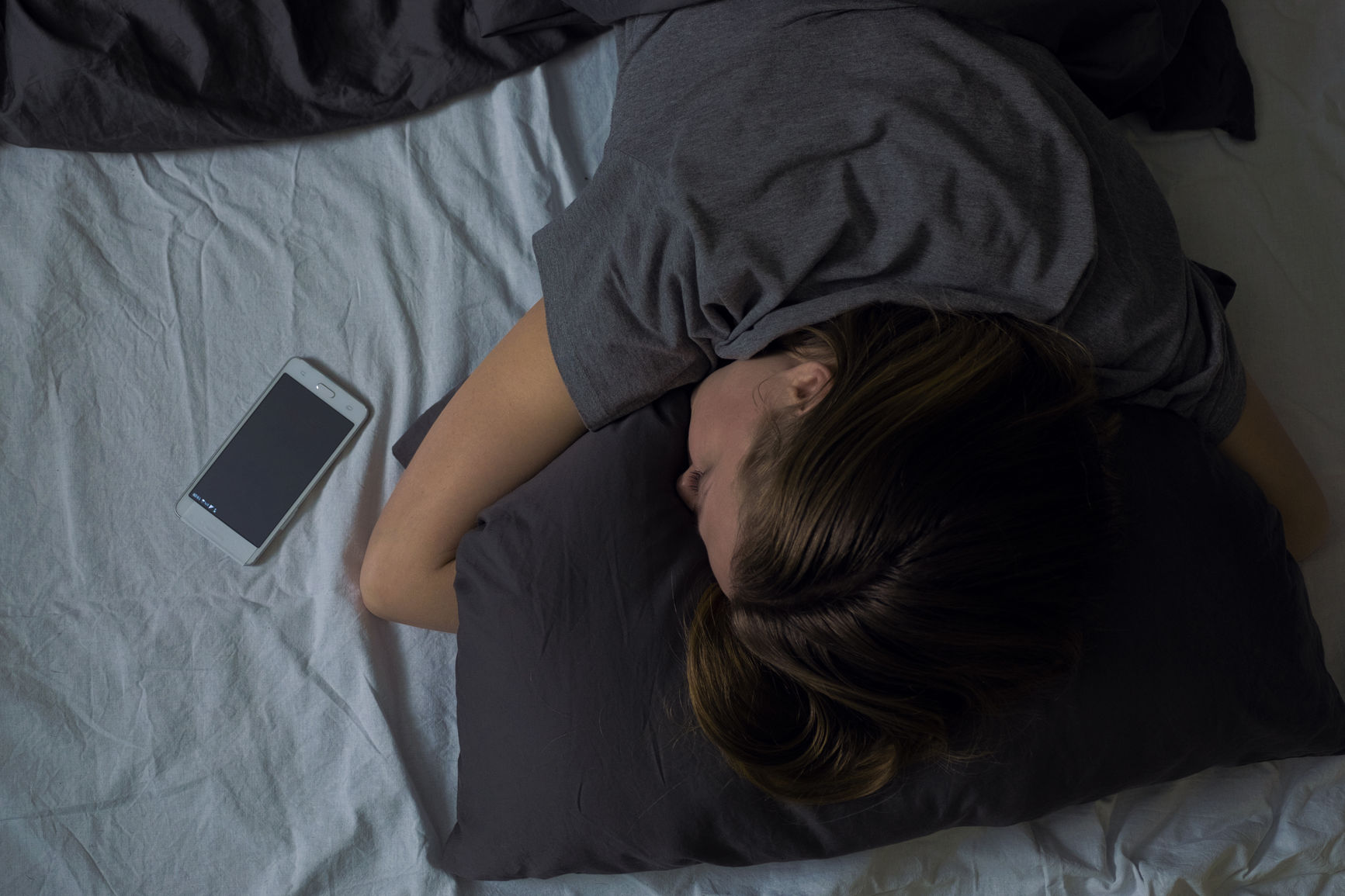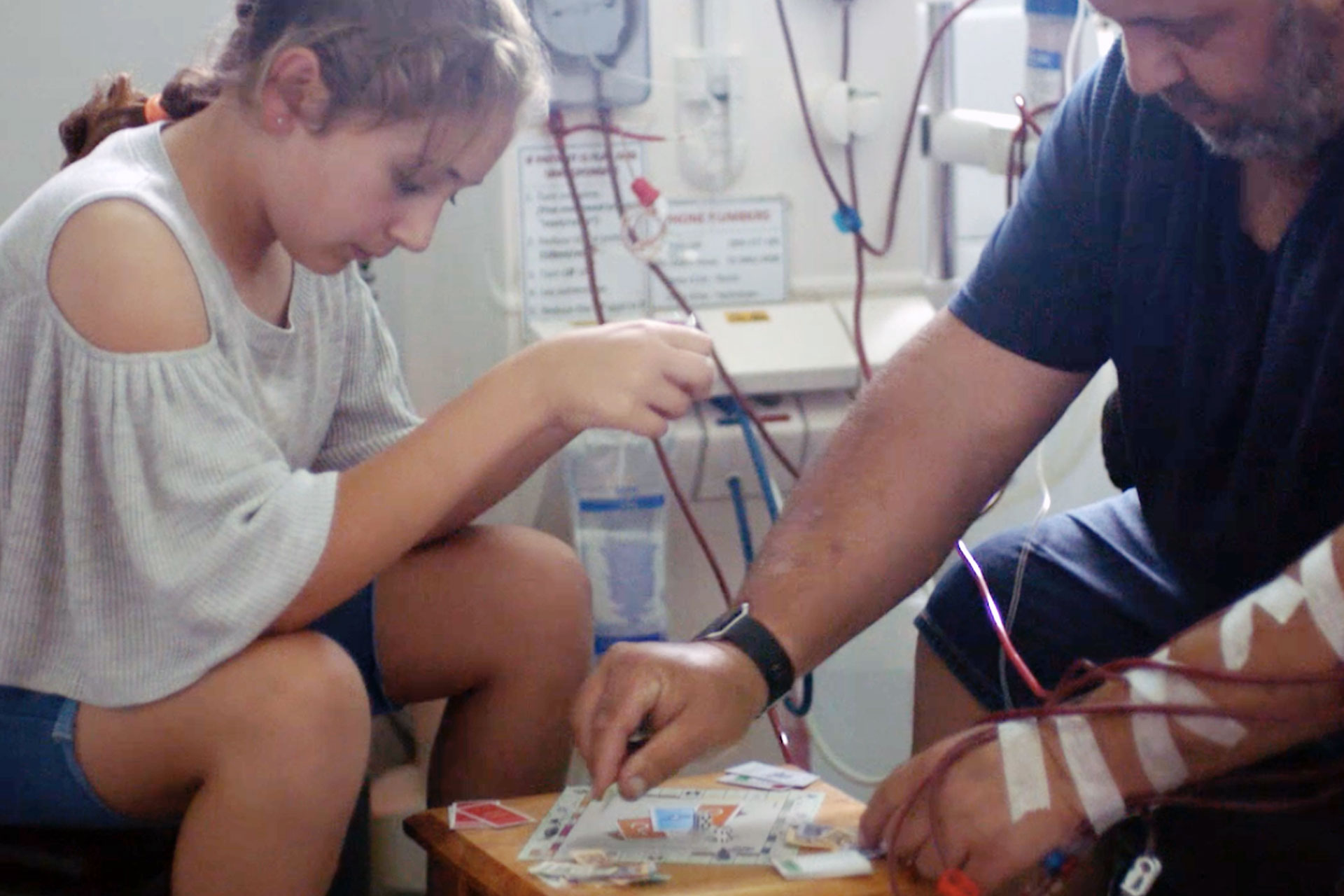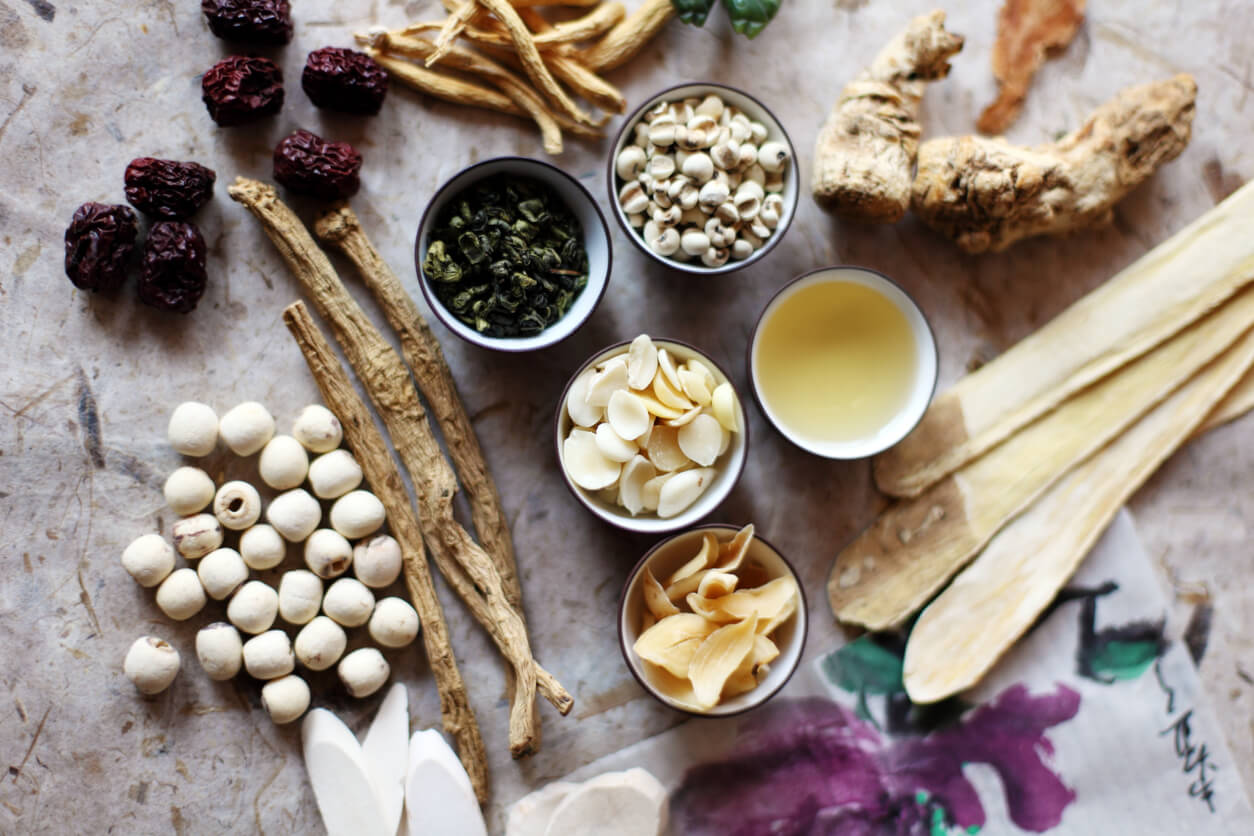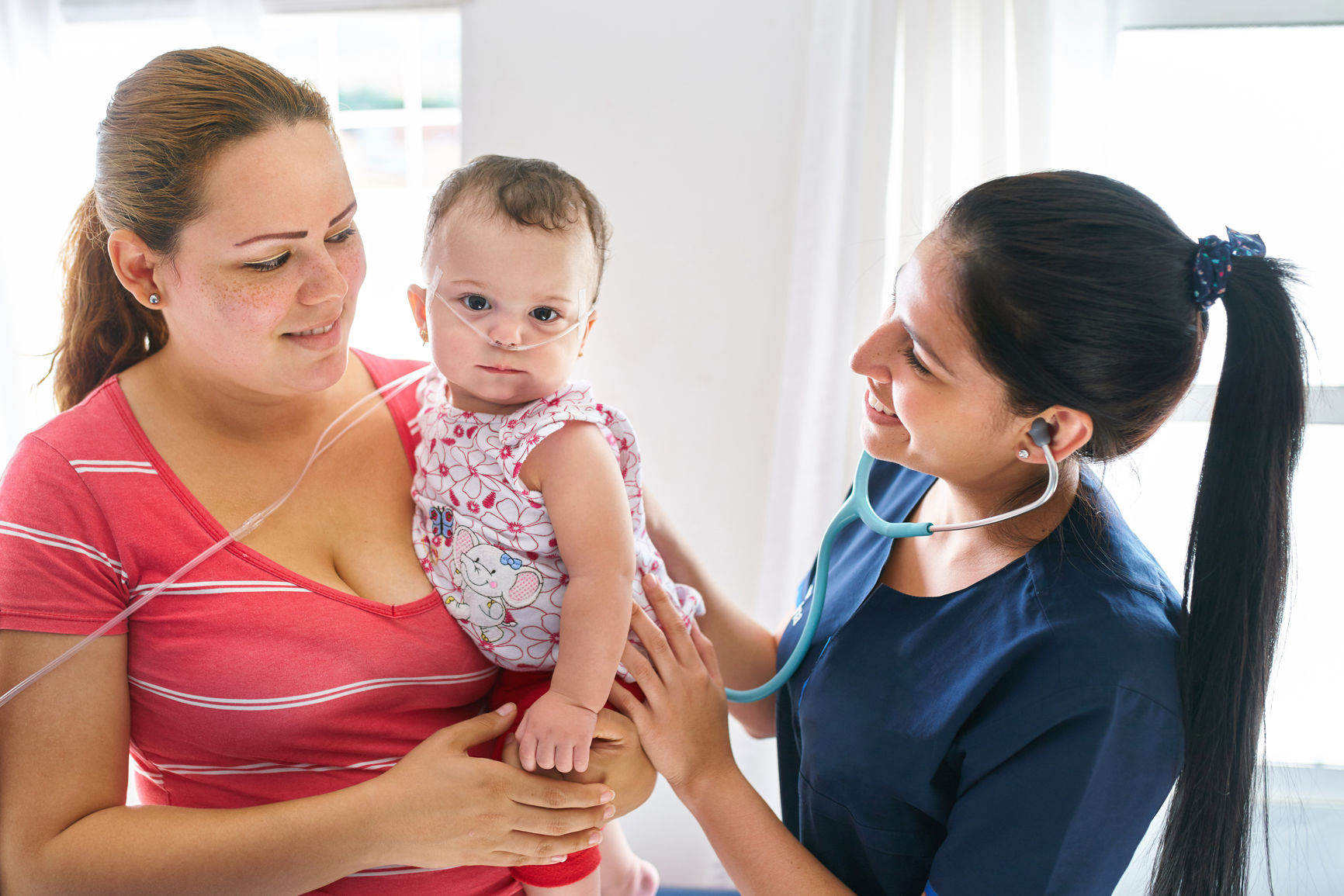-
New research has found loneliness among hospital patients tends to peak during the festive season. So we’ve teamed up with Virtual Reality (VR) specialists, Liminal, to launch ‘Joy’ -- an immersive VR experience for patients to enjoy this Christmas.
Joy has been designed to help alleviate feelings of loneliness and social isolation.
Why? According to our research, most hospital patients suffer from loneliness, but many feel too unwell to do something about it.
What’s more, loneliness has been found to contribute to or worsen several mental and physical conditions, including depressive symptoms, increased risk of cardiovascular issues, and a weakened immune system -- meaning it’s even more important that feelings of social isolation are alleviated among Aussies with health concerns.
Joy: the experience
As soon as patients put on the Google Daydream headset, they are transported to a tranquil nature scene. Here they join a group of people and a sleepy dog around a campfire. The patient is then invited to select from a series of short stories, which one of the people will read to the group. They can then pick another story, or just hang out and listen to calming music with the group.
How can Joy help patients in hospital?
Joy was conceived out of extensive research into how we can alleviate loneliness, and incorporates different qualities which aim to improve health and wellbeing. These include:
- A nature scene rich in plants and wildlife: Compared to man-made environments, studies have found exposure to natural landscapes may have direct, positive impacts on health, wellbeing and mood. Additionally, nature sounds, such as birds chirping, have been found to potentially help relieve feelings of stress and activate the parasympathetic nervous system -- also known as the ‘rest and digest’ system.
- Storytelling around a campfire: Historically, campfires have provided a means of social connection, and interestingly, one study has indicated that viewing and listening to the sound of a fire decreased arterial blood pressure, suggesting a relaxation response. Research has also shown bibliotherapy -- which is the use of books as a form of treatment -- may also be effective in reducing anxiety.
- A sleepy dog: Interacting with friendly animals -- such as cats and dogs -- brings numerous health benefits, including reducing feelings of social isolation, improving depressive symptoms, and lowering heart rate and blood pressure.
- Removing individuals from their environment: Initiatives aiming to combat loneliness have indicated that it’s important to remove an individual from their current environment -- be that their home or a hospital bed.
Commenting on the application of VR to benefit mood and mental health issues, Liminal Clinical Neuroscientist and Neuropsychologist, Sami Yamin, says:
“Although there’s been limited research around how certain alleviations of loneliness can transfer to virtual environments, VR experiences designed to benefit isolated individuals are not without precedent. For example, organisations like NASA have been experimenting with VR to help astronauts manage long-term isolation for some time.”
“We’ve designed Joy so that patients are able to leave their daily routine, immerse themselves in unique transformative environments, and feel unencumbered by their physical constraints for a while -- which we hope will decrease feelings of isolation and, importantly, brighten patients’ day.”
Medibank is bringing Joy to select partner hospitals this month, including Brunswick Private (Victoria), Macquarie University Hospital (NSW), Mater Health Services (QLD) and St Andrews (SA).
However, it’s important to remember -- while we can do things to help provide comfort and connection for those who are lonely, nothing beats a call or visit from a loved one -- especially during the festive season.
Bringing Virtual Reality to hospital patients
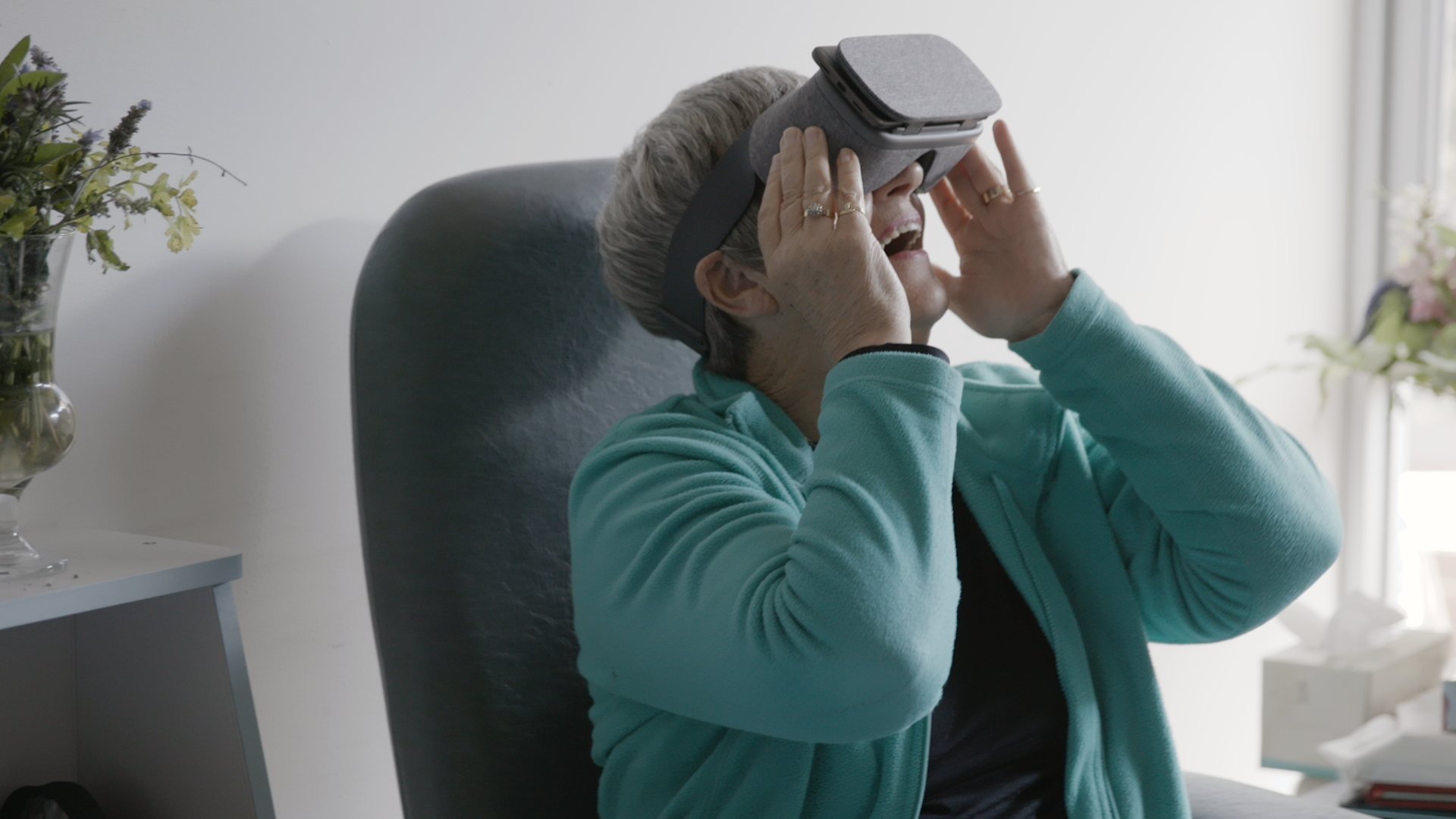
-
Innovating for members living with chronic disease
Medibank is supporting our members living with chronic diseases such as heart disease, arthritis, and diabetes, through our CareComplete programs.
-
Medibank’s palliative care at home trial
Giving our customers choice in where they would like to receive their end-of-life care can provide dignity, privacy and help them retain control over the care they receive.
-
How your phone habits affect your sleep
And what it means for your mental health, hormones and more.
-
Medibank trialling haemodialysis at home
Giving members with chronic kidney disease more choice
-
The origins of western and eastern medicine
Two schools of thought explained
-
Almost half of hospital patients are looking for more support
Find out how Medibank is helping.
Subscribe to receive the best from Live Better every week. Healthy recipes, exercise tips and activities, offers and promotions – everything to help you eat, move and feel better.
By clicking sign up I understand and agree to Medibank's privacy policy
